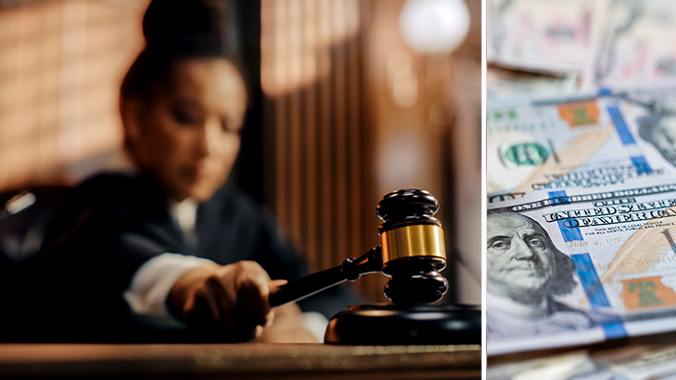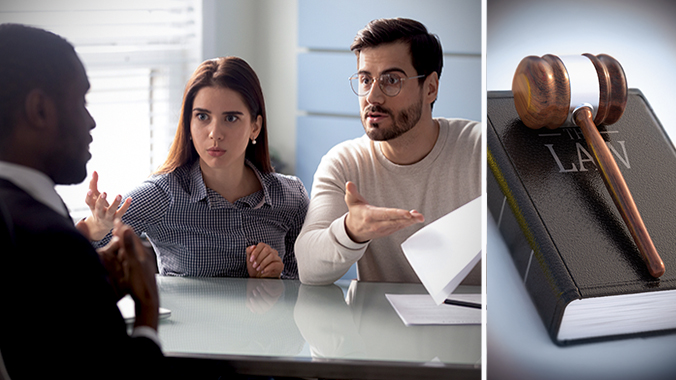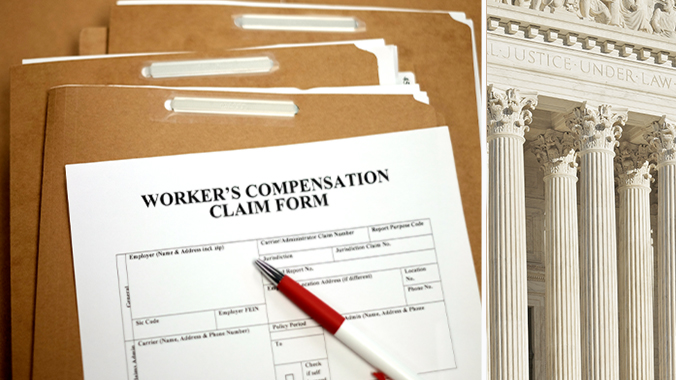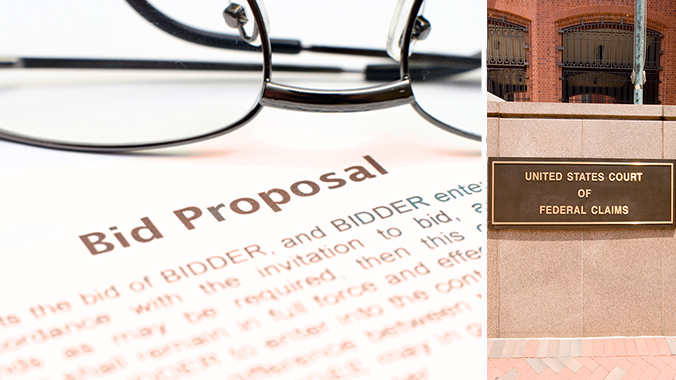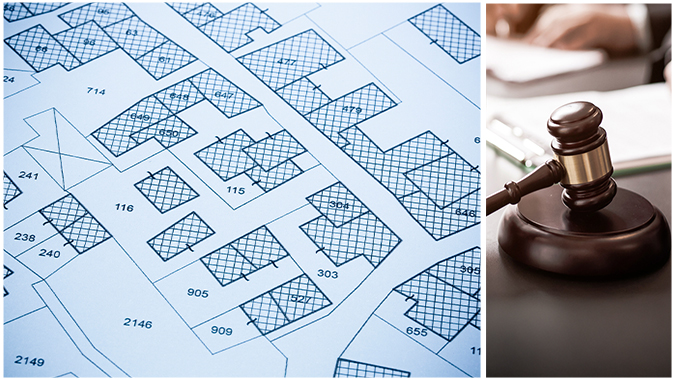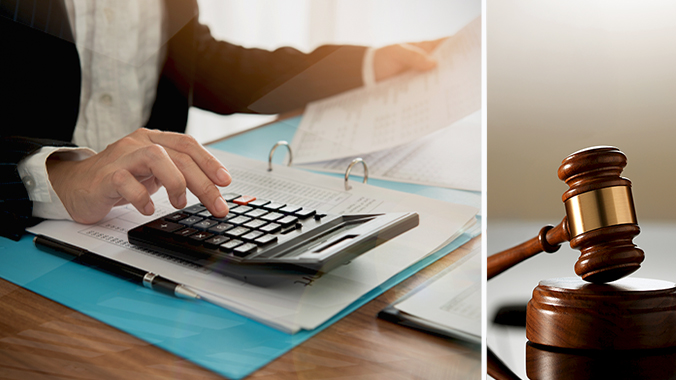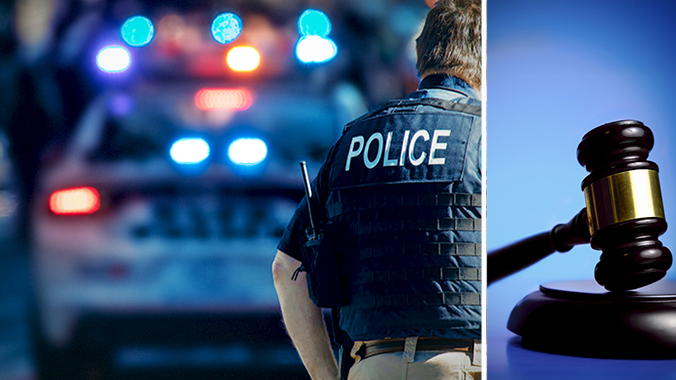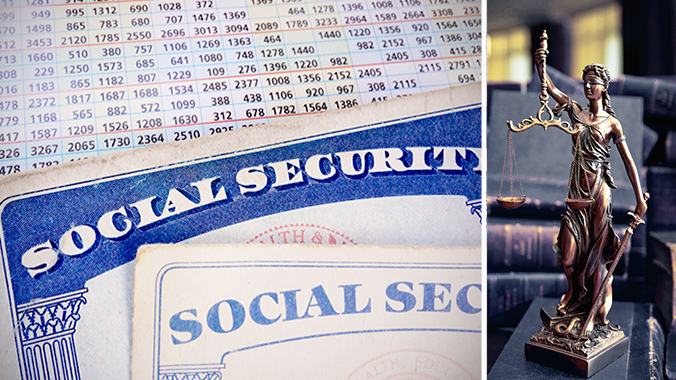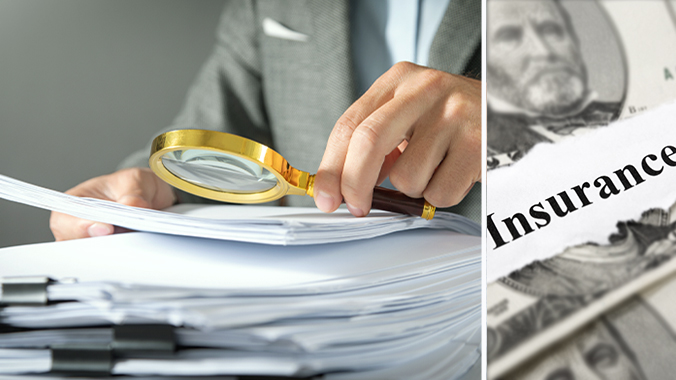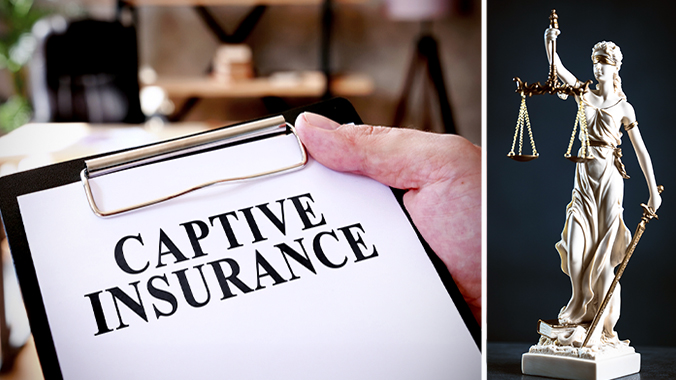The Ultimate Legal Writing Workshop: Tools for Building Effective Written Advocacy (2025 Edition)

Richelle has handled motions covering every aspect of civil litigation. In conjunction with internal and external counsel, she has prepared thousands of pleadings, motions and responses over her 20+ years of experience. Richelle also has extensive experience in coordinating dispositive motions filings in mass torts.
On-Demand: January 16, 2025
2 hour CLE
Tuition: $195.00
Co-Sponsored by myLawCLE
Get this course, plus over 1,000+ of live webinars.
Learn More
Training 5 or more people?
Sign-up for a law firm subscription plan and each attorney in the firm receives free access to all CLE Programs
Program Summary
To advocate for a client, the writer faces a big job: take the law (which may be complex) and the facts (which may be complicated); create a concise and persuasive argument based on the law and facts; and then convince the Court to agree with your client’s position. Easier said than done? Yes. But no matter your stage in your legal career—if you’re writing your first brief or if you have written hundreds—we can all consider new techniques to improve our powers of persuasion.
Join this advanced legal writing workshop to think through—or possibly even rethink—your writing methods, both from a structural and creative standpoint. Participants will receive tips and insight on researching, outlining, drafting and editing to maximize the effectiveness of written work product.
Session I - RESEARCH the law (the good and the bad) and KNOW the facts – Richelle W. Kidder
It sounds simple, but it’s true: the law is the foundation of any legal argument. This means that before tackling any argument, the writer must fully appreciate what the law is—whether good, bad, or somewhere in the middle. From there, the next layer is the facts, and you guessed it: the writer must have a solid grasp of not just what the facts are, but how they fit into the governing legal framework.
Key topics to be discussed:
- Techniques for research, with a focus on finding the best/most applicable case for your circumstances
- Tips for reviewing and organizing relevant facts for maximum impact
- Common pitfalls in legal research
Session II - THINK about how you will persuade the Court – Richelle W. Kidder
Think first, then put pen to paper (or fingers to keyboard). That is the focus of Session II, where the presentation will offer suggestions about ways to optimally structure and organize an argument.
Key topics to be discussed:
- Best practices for condensing complex legal issues into discrete subparts
- Ways to let an idea “rest” before taking the next steps
- Use of visual graphics
Session III - WRITE logically, creatively, and persuasively – Richelle W. Kidder
Armed with the foundation (i.e., the law) and relevant facts, Session III will offer strategies for a structured approach to legal writing. This session will emphasize the use of visually persuasive formatting (e.g., headings, tables of contents) to make it easy for the Court to follow.
Key topics to be discussed:
- Strategies for organizing complex information
- Techniques for effective outlining
- How to resist writing the Introduction first
Session IV - EDIT (and edit, then edit, then edit some more) – Richelle W. Kidder
Nothing is worse than picking up a brief after it’s been filed and seeing a pesky typo right there on the first page. Or realizing that the case caption read “Untied States of America,” even though five people reviewed it before filing. No one is perfect, so Session IV will offer tips to identify (and correct) embarrassing mistakes. This session will also harken back to the prior topic, effective use of headings in legal writing, and will reiterate how an effective table of contents can summarily and persuasively tell your client’s side of the story.
Key topics to be discussed:
- Editing strategies for improvement
- Emphasis on use of stylistic techniques for effective advocacy
This course is co-sponsored with myLawCLE.
![]() Closed-captioning available
Closed-captioning available
Speakers
 Richelle W. Kidder | Butler Snow LLP
Richelle W. Kidder | Butler Snow LLP
Richelle is a member of Butler Snow’s Pharmaceutical, Device and Healthcare Litigation Group. Since joining Butler Snow in 2011, she has handled motions covering every aspect of civil litigation. In conjunction with internal and external counsel, she has prepared thousands of pleadings, motions and responses over her 20+ years of experience. These range from removals to federal court, discovery motions, motions to dismiss, summary judgment motions, motions to exclude, motions in limine, choice of law analyses, motions to bifurcate, jury instructions and post-trial filings.
Richelle also has extensive experience in coordinating dispositive motions filings in mass torts. In addition to her role as legal writer and advocate, Richelle enjoys a strong working relationship with co-counsel at law firms across the country.
Agenda
Session I – RESEARCH the law (the good and the bad) and KNOW the facts | 1:00pm – 1:30pm
- Techniques for research, with a focus on finding the best/most applicable case for your circumstances
- Tips for reviewing and organizing relevant facts for maximum impact
- Common pitfalls in legal research
Session II – THINK about how you will persuade the Court | 1:30pm – 2:00pm
- Best practices for condensing complex legal issues into discrete subparts
- Ways to let an idea “rest” before taking the next steps
- Use of visual graphics
Break | 2:00pm – 2:10pm
Session III – WRITE logically, creatively, and persuasively | 2:10pm – 2:40pm
- Strategies for organizing complex information
- Techniques for effective outlining
- How to resist writing the Introduction first
Session IV – EDIT (and edit, then edit, then edit some more) | 2:40pm – 3:10pm
- Editing strategies for improvement
- Emphasis on use of stylistic techniques for effective advocacy
Credits
Alaska
Approved for CLE Credits
2 General
Alabama
Approved for Self-Study Credits
2 General
Arkansas
Approved for CLE Credits
2 General
Arizona
Approved for CLE Credits
2 General
California
Approved for CLE Credits
2 General
Colorado
Approved for Self-Study Credits
2 General
Connecticut
Approved for CLE Credits
2 Ethics / Professionalism
District of Columbia
No MCLE Required
2 CLE Hours
Delaware
Pending CLE Approval
2 General
Florida
Approved via Attorney Submission
2.5 General Hours
Georgia
Approved for CLE Credits
2 General
Hawaii
Approved for CLE Credits
2.4 General
Iowa
Pending CLE Approval
2 General
Idaho
Pending CLE Approval
2 General
Illinois
Approved for Self-Study Credits
2 General
Indiana
Approved For On-Demand Credits
2 General
Kansas
Pending CLE Approval
2 Law Practice Management
Kentucky
Pending CLE Approval
2 General
Louisiana
Pending CLE Approval
2 Law Office Management
Massachusetts
No MCLE Required
2 CLE Hours
Maryland
No MCLE Required
2 CLE Hours
Maine
Pending CLE Approval
2 Ethics / Professionalism
Michigan
No MCLE Required
2 CLE Hours
Minnesota
Approved for Self-Study Credits
2 General
Missouri
Approved for CLE Credits
2.4 General
Mississippi
Pending CLE Approval
2 General
Montana
Pending CLE Approval
2 General
North Carolina
Pending CLE Approval
2 General
North Dakota
Approved for CLE Credits
2 General
Nebraska
Pending CLE Approval
2 General
New Hampshire
Approved for CLE Credits
120 Ethics / Professionalism Minutes
New Jersey
Approved for CLE Credits
2.4 General
New Mexico
Approved for Self-Study Credits
2 General
Nevada
Approved for Self-Study Credits
2 General
New York
Approved for CLE Credits
2.4 General
Ohio
Approved for Self-Study Credits
2 General
Oklahoma
Approved for CLE Credits
2.5 General
Oregon
Approved for Self-Study Credits
2 General
Pennsylvania
Approved for Self-Study Credits
2 General
Rhode Island
Pending CLE Approval
2.5 General
South Carolina
Pending CLE Approval
2 General
South Dakota
No MCLE Required
2 CLE Hours
Tennessee
Approved for Self-Study Credits
2 General
Texas
Approved for Self-Study Credits
2 General
Utah
Pending CLE Approval
2 General
Virginia
Not Eligible
2 General Hours
Vermont
Approved for CLE Credits
2 Law Practice Programming
Washington
Approved via Attorney Submission
2 Other (Office Management) Hours
Wisconsin
Approved for Self-Study Credits
2 Law Practice Management
West Virginia
Pending CLE Approval
2.4 General
Wyoming
Pending CLE Approval
2 General
Preview
More CLE Webinars
Trending CLE Webinars
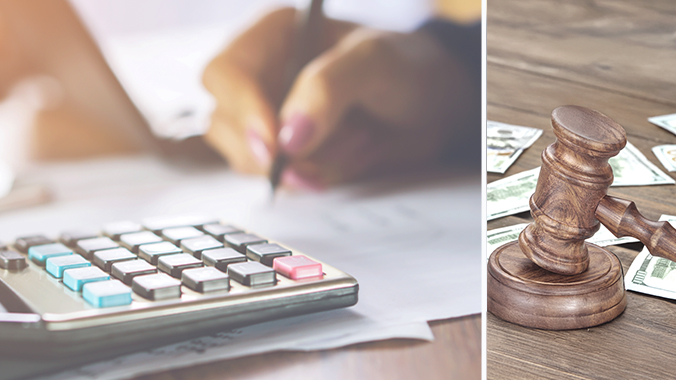






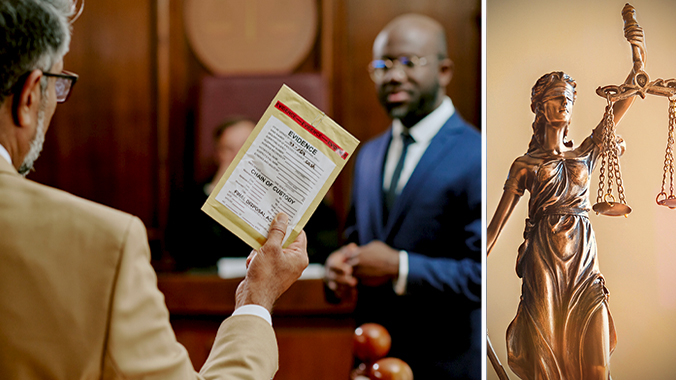
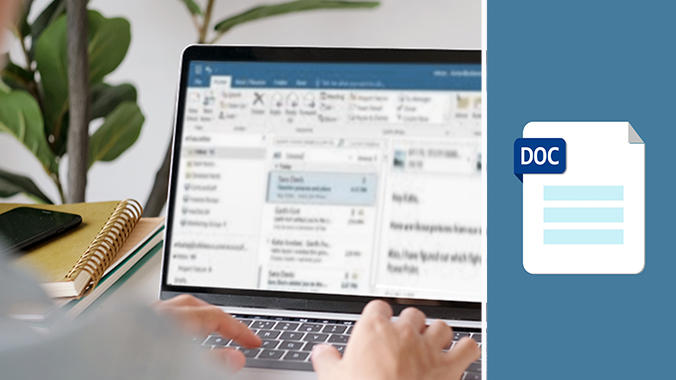

Upcoming CLE Webinars
